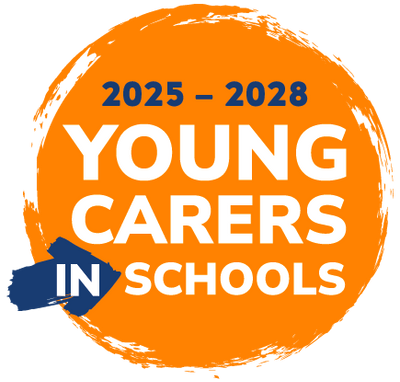SCIENCE
Students should learn essential aspects of the knowledge, methods, processes and uses of science. They should gain appreciation of how the complex and diverse phenomena of the natural world can be described in terms of a small number of key ideas that relate to the sciences and that are both inter-linked and of universal application.
Subject Leader: Mr A Wearden
Teachers: Ms C Duggan, Miss E Barden, Mr P Johnson, Mrs K Reed, Miss S Parkes, Miss L Elliott, Miss R Johnson, Miss E Worsley
Click here to download the Science Curriculum Overview
Science curriculum at Meols Cop High School complies with the Equality Act 2010, the Special Educational Needs and Disability Regulations 2014 and is accessible for pupil with SEND. Click here to view the SEND Policy.
Updated December 2024




